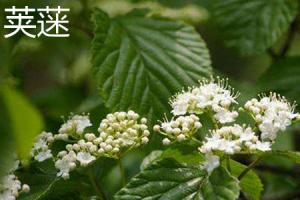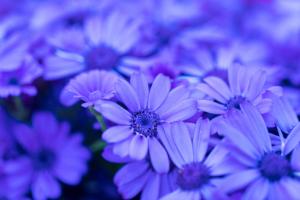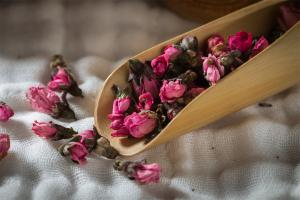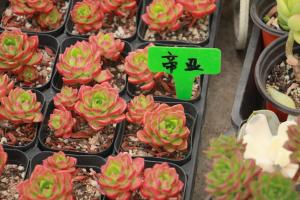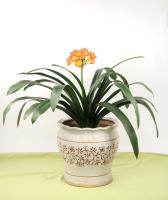Will a Water and Ammonia Mixture Hurt Cabbage Plants?
If you are a cabbage farmer, you might be asking yourself whether you should use a water and ammonia mixture on your plants. It is true that ammonia has a reputation for being an effective fertilizer, but it also has the potential to harm your cabbage plants. In this article, we will explore the effects of a water and ammonia mixture on cabbage plants to help you make an informed decision.
What are the Benefits of Ammonia?
Ammonia is a compound made up of nitrogen and hydrogen atoms. It is commonly used in fertilizers because of its high nitrogen content. Nitrogen is essential for plant growth, as it is a primary component of chlorophyll, the substance that gives plants their green color and allows them to photosynthesize. When plants have access to enough nitrogen, they grow bigger and produce more fruit.
What are the Risks of Using Ammonia?
Despite its benefits, ammonia can be harmful to plants if used incorrectly. One of the main risks of using ammonia is that it can burn the roots of plants if applied in large amounts or when the soil is dry. This can cause the leaves of the plant to turn brown and crisp, and it can ultimately kill the plant. In addition, ammonia can leach into groundwater and contribute to pollution if it is overused or applied near water sources.
Is it Safe to Use a Water and Ammonia Mixture on Cabbage Plants?
In general, it is safe to use a water and ammonia mixture on cabbage plants as long as you are careful about the concentration of ammonia and the timing of application. A good rule of thumb is to use no more than 1 tablespoon of ammonia per gallon of water. This will provide enough nitrogen for the plant without risking damage to the roots. You should also wait until the soil is damp before applying ammonia to ensure that it does not burn the roots.
It is also important to note that different varieties of cabbage may respond differently to ammonia. If you have never used ammonia on your cabbage plants before, it is a good idea to test it on a small portion of the plants first to ensure that they can tolerate it. If the plants show signs of stress or damage, discontinue use immediately.
Conclusion
So, will a water and ammonia mixture hurt cabbage plants? The answer is that it depends on how it is used. As long as you follow the correct concentration and timing, ammonia can be a safe and effective fertilizer for your cabbage plants. However, if you use too much or apply it incorrectly, it can burn the roots of the plants and ultimately harm them. Always err on the side of caution and test on a small portion of the plants before using ammonia on the entire crop.

 how many times do yo...
how many times do yo... how many planted tre...
how many planted tre... how many pine trees ...
how many pine trees ... how many pecan trees...
how many pecan trees... how many plants comp...
how many plants comp... how many plants can ...
how many plants can ... how many plants and ...
how many plants and ... how many pepper plan...
how many pepper plan...